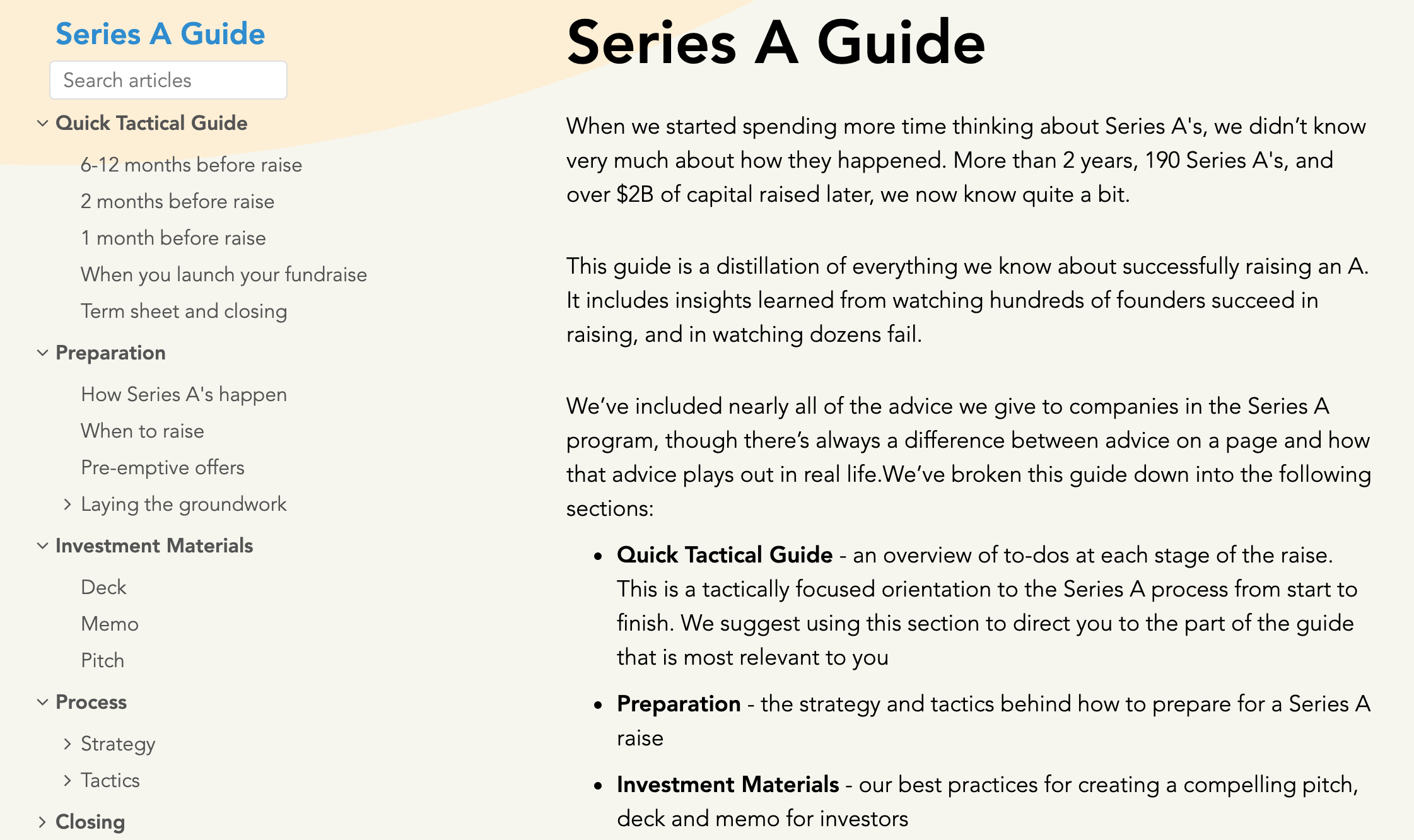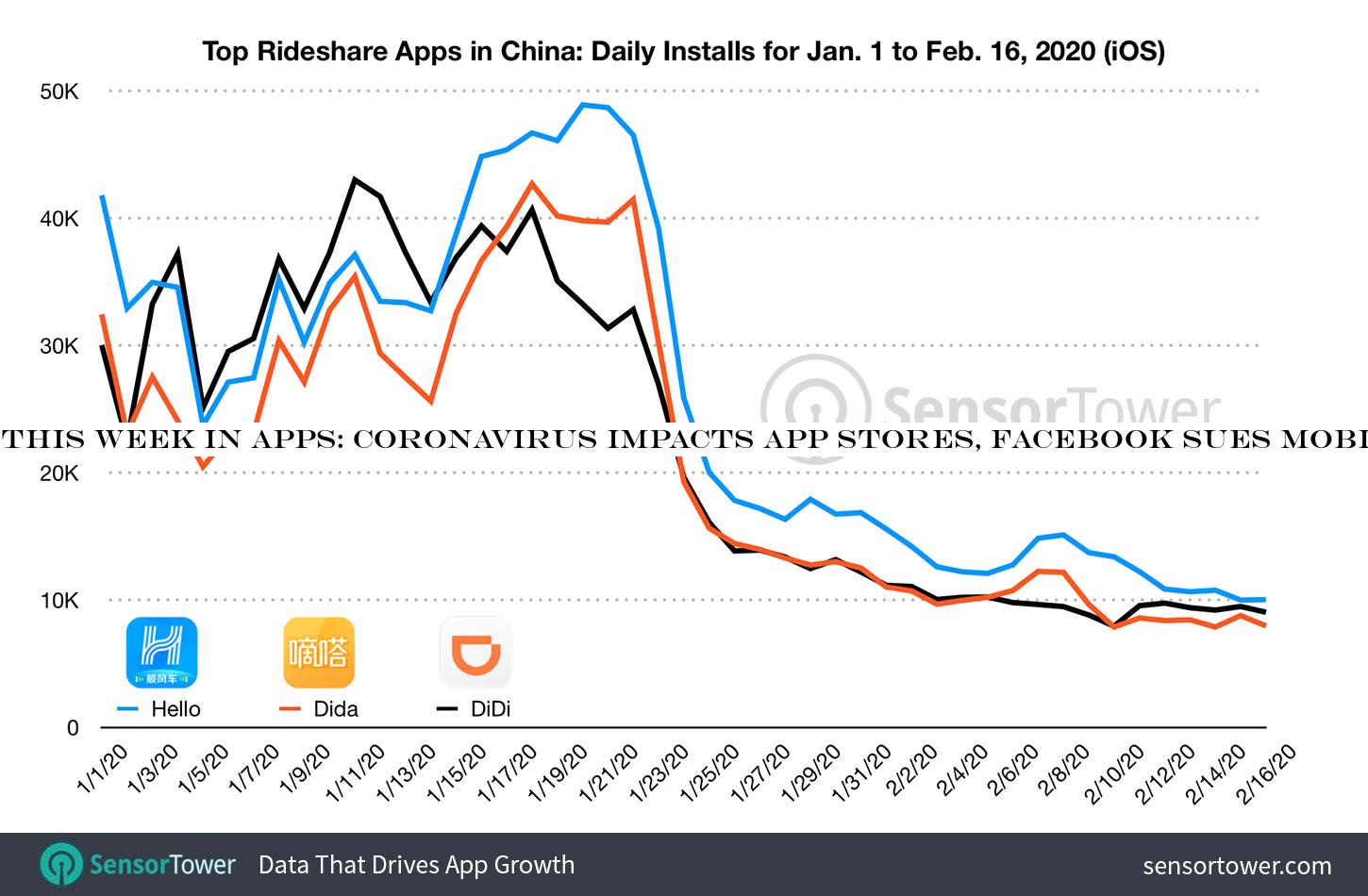Music
Trailers
DailyVideos
India
Pakistan
Afghanistan
Bangladesh
Srilanka
Nepal
Thailand
StockMarket
Business
Technology
Startup
Trending Videos
Coupons
Football
Search
Download App in Playstore
Download App
Best Collections
Technology
[Editornote: Welcome to our weekly review of news that startups can use from across TechCrunch and Extra Crunch. If you want this post by email, just subscribe here.]
Why some fintech startups aren&t blinking at customer acquisition costs
Distribution channels are getting saturated across the internet and beyond, and in many tech sectors the cost of acquiring new customers is crimping profitability. But so far, so good in the &great credit card craze,& as Alex digs into this week for Extra Crunch. It turns out that the remaining revenue possibilities combined with the current revenues from interchange fees mean costs are staying relatively flat — or so say a few well-placed execs.
&If anything, our customer numbers are massively accelerating despite cutting back on marketing spend,& explains Brian Barnes of M1 Finance. &And I do think that gets into how we positioned ourselves [as] a firm and what drives at the capital efficiency of how we&ve gotten to where we&ve gotten.&

Feast or famine in early-stage funding
After Elizabeth Yin posted a popular Twitter thread last month about the bifurcation of fundraising outcomes in Silicon Valley these days, we caught up with the Hustle Fund cofounder to talk more. &I&m seeing companies at the Series A and Series B stages with 30% MoM growth that were popular before now struggle to raise their next rounds because they are not profitable,& she writes in a guest column on TechCrunch. &The feedback they receive is to ‘come back when you&re profitable or really close to it.&&
She also noted that even though it does seem like there is a lot of money available, much of that is going to repeat entrepreneurs and/or companies with lots of growth and profitability in the numbers. In a companion interview with Alex Wilhelm for Extra Crunch, she notes that: &In the later stages, it is worthwhile to move to San Francisco because as you&re growing your company, there are a lot more people in San Francisco who have built high-growth companies before, therea lot of knowledge that I think is still insider knowledge in San Francisco itself. But at the earlier stages, I don&t think that thatnecessary.&

Y Combinator publishes big new Series A round guide
Speaking of raising these days, this new guide could help. Connie Loizos caught up with co-author and YC partner Aaron Harris in an interview for TechCrunch. Hereone example he provides about the nuance it covers:
We explain how to work through a diligence request by an investor. Someone might say, ‘Hey, can you give me a month-by-month breakdown of major customers?& And we&ve seen founders give them a full list of their customers, then the VC calls them, and if the customer is having a bad day or [the VC] reaches the wrong person, that bad reference check can sink a round. Itreally important that founders ask instead about what the VC is trying to learn from the diligence request, then call those customers so they&re ready, You also want to make sure that 15 investors aren&t calling the same customer so that [that person or company] isn&t overwhelmed.
Virtual worlds are finally becoming real
Despite the decades of unrealized dreams, breakout hits like Fortnite and Minecraft are showing the emerging opportunities for mass-market virtual worlds. Media analyst Eric Peckham is exploring the evolution of this trend through a seven-part Extra Crunch series, which he and many others believe will come to gradually define our lives. So far, hepublished an overview, and Extra Crunch articles on gaming on social networks, our multiverse gaming future and why that future is not here yet. Stay tuned for his articles on the emerging competitive landscape and more.

Where top VCs are investing in medical and surgical robotics
Medical device and robotics startups raised roughly 600-700 rounds of venture capital in 2019, according to data from PitchbookandCrunchbase, with most deals occurring at the early stage (over 25% of rounds occurred at the seed stage). Withour2020 Robotics+AI sessions event next week in Berkeley, be sure to check out our interviews with top med-tech investors in this weekinvestor survey on Extra Crunch.
- Rohit Sharma,True Ventures
- Duncan Turner,SOSV-HAX
- Peter Hebert,Lux Capital
- Haomiao Huang,Kleiner Perkins
Avoiding the on-demand trap
We&re trying some thing new here — a preview of upcoming guest columns. The following note is from growth strategist Chris Yeh, co-author of Blitzscaling.
Thanks to the success of companies like Uber and Airbnb, a seemingly endless array of startups jumped into becoming &the Uber for X& or the &Airbnb of Y&. So many of these startups have struggled or failed. Why? The fell into the &on-demand& trap: Believing that the delivery mechanism (a smartphone-enabled marketplace) rather than the market determines success. If you apply the on-demand model to the wrong market, you&ll be doomed to failure. To avoid the on-demand trap, avoid markets where the product or service A) is a low-consideration transaction and B) naturally lends itself to long-term buyer/seller relationships.
Want to learn more? Look for a detailed explanation of the on-demand trap, coming to TechCrunch and ExtraCrunch soon.
Across the week
Twilio 2010 board deck gives peek at now-public companyearly days (EC)
Startup malaise, startup ambition (TC)
For investors, late-stage fintech startups are a lucrative bet (EC)
What happens if a pandemic hits? (TC)
Instead of IPOs and acquisitions, exiting to community is one alternative (EC)
With better recall of our photos and videos, will our ability to forgive disappear? (TC)
Superhuman CEO Rahul Vohra on waitlists, freemium pricing and future products (EC)
How do we connect a child to technology? (TC)
#EquityPod
From Alex:
What a week. What an insane, heart-stopping, odd andstuffedweek. I&m utterly exhausted. But, in better news, all of that is great fodder for podcast and chat, so todayEquity is pretty okay, if I may say so.
DannyandIchewed through all the stuff that we couldn&t get out of our heads, like the markets falling apart and DoorDashinitial movement toward going public. But in keeping with the real beating heart of Equity, we also went over four venture rounds and spent some time talking about SoftBank.
- Details
- Category: Technology Today
Read more: Startups Weekly: Why some fintech companies aren’t blinking at customer acquisition costs
Write comment (90 Comments)Few recent bouts have pitted two fighters with such a wealth of experience against each other - don't miss a moment of the action with our Mikey Garcia vs Jessie Vargas live stream guide. Watch all the boxing action from this weekend's big fight online the easy way.
Saturday's showdown in Texas marks the return to the ring of four-division world
- Details
- Category: Technology Today
Read more: Mikey Garcia vs Jessie Vargas live stream: watch the boxing online anywhere
Write comment (97 Comments)
The basis of the classic James Bond film &Tomorrow Never Dies& is an evil media mogul who instigates war between the U.K. and China because it will be great for TV ratings. Therebeen a wake-up call recently that our most popular social networks have been indirectly designed to divide populations into enemy camps and reward sensational content, but without the personal responsibility of Bondnemesis because they&re algorithmically driven.
(This is part five of a seven-part series about virtual worlds.)
The rise of &multiverse& virtual words as the next social frontier offers hope to one of the biggest crises facing democratic societies right now. Because the dominant social media platforms (in Western countries at least) monetize through advertising, these platforms reward sensational content that results in the most clicks and shares. Oversimplified, exaggerated claims intended to shock users scrolling past are best practices for individuals, media brands and marketing departments alike, and social platforms intentionally steer users toward more extreme content in order to captivate them for longer.
Our impending cultural shift to socializing equally as often through virtual worlds could help rescue us from this constant conflict of interest between what we recognize as healthy interactions with others and how these social apps incentivize us to behave.
Virtual worlds can have advertisements within them, but the dominant monetization strategies in MMOs are upfront purchase of games and in-game transactions. Any virtual world that gains enough adoption to compete as a social hub for mainstream society will need to be free-to-play and will earn more money through in-world transactions than from ads.
- Details
- Category: Technology Today
Read more: Multiverse virtual worlds will be healthier for society than our current social networks
Write comment (97 Comments)

For all its antivirus protection, the tech world is coming to a realization that it’s no match for deadly biological viruses.
Not only has IDC already predicted that this novel coronavirus could lead to a decline in PC sales this year, with so many factories shutting down and demand already dropping. But also, many tech trade shows and events have
- Details
- Category: Technology Today
Read more: GDC 2020 “indefinitely postponed” after losing Microsoft, Sony, Epic to coronavirus
Write comment (95 Comments)Welcome back to ThisWeekin Apps, the Extra Crunch series that recaps the latest OS news, the applications they support and the money that flows through it all.
The app industry is as hot as ever, with arecord 204 billion downloads in 2019 and $120 billion in consumer spending in 2019, according to App Annierecently released &State of Mobile& annual report. People are now spending 3 hours and 40 minutes per day using apps, rivaling TV. Apps aren&t just a way to pass idle hours — they&re a big business. In 2019, mobile-first companies had a combined $544 billion valuation, 6.5x higher than those without a mobile focus.
In this Extra Crunch series, we help you keep up with the latest news from the world of apps, delivered on a weekly basis.
This week, we&ll look at the coronavirus outbreakimpact on the App Store, Chinademand for App Store removals — and soon-to-be-removals, it seems. We&re also talking about Facebooklawsuit over a data-grabbing SDK, Tindernew video series, the TSA ban on TikTok, Instagramexplanation for its lack of an iPad app and how Democratic presidential primary candidates are performing on mobile and social, among other things.
Headlines
Coronavirus concerns send Chinese ride-hailing apps crashing, games surging

One of the many economic fallouts related to COVID-19 coronavirus concerns is a significant decline in the usage of Chinese ride-hailing applications. According to Sensor Tower data, downloads of the three most popular apps — Hello, Didi and Dida — were down 75% year-over-year during the week of February 10 compared with the same time frame in 2019. Meanwhile, people staying home have been ordering food and groceries more often. Overall downloads of the top 10 apps in the food-ordering category increased by 68% from January 13 to the week of February 3.
Also on the rise are mobile games. According to a recent report by the FT, users in China downloaded a record number of games and apps as the virus outbreak confined people to their homes. More than 22 million downloads were registered in AppleApp Store in China during the week of February 2, according to App Annie, and average weekly downloads during the first two weeks of February were up 40% over the same time last year.
Meanwhile, Chinese tech giants, including Alibaba and Tencent, have been deploying health-rating systems to help authorities track the movements of millions of Chinese. Alibaba had been tapped to explore the rollout of a rating app to help the government control who can travel into and around the city. Along with Ant Financial, it worked to develop a smartphone-based rating system in conjunction with the government of Hangzhou. Tencent created a program for Shenzhen, reported The WSJ.
Top mobile game Plague Inc. pulled from ChinaApp Store amid coronavirus outbreak
Plague Inc., a simulation game with more than 130 million players, was pulled from the Chinese App Store this week, a move that appears to be linked to the coronavirus outbreak. The company behind the game, Ndemic, posted a statement announcing that the gamecontent is now considered &illegal in China as determined by the Cyberspace Administration of China.& Ndemic says ittrying to reach out to find out what, specifically, it could change in order to get the game back in China.
- Details
- Category: Technology Today
Quite simply, it has never been easier to watch PGA Tour golf online. Wherever you are in the world, you can find a reliable 2020 PGA Tour live stream that's easy to access and allows you to follow all the drama as it unfolds. Our guide explains how to do just that, so you don't have to miss a single shot of this season's action.
So far, Northern
- Details
- Category: Technology Today
Read more: Watch the PGA Tour: how to live stream golf in 2020 from anywhere in the world
Write comment (94 Comments)Page 1326 of 1413

 13
13






